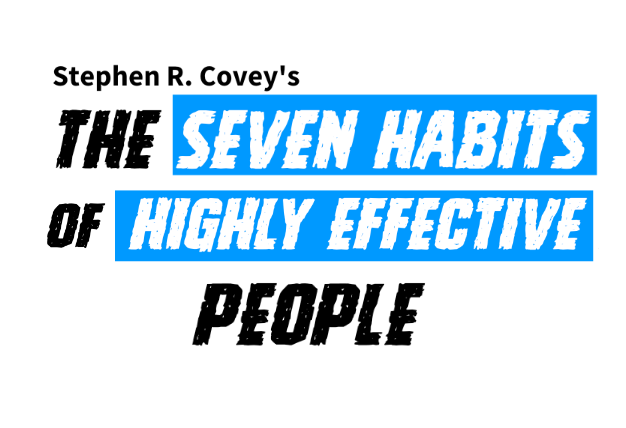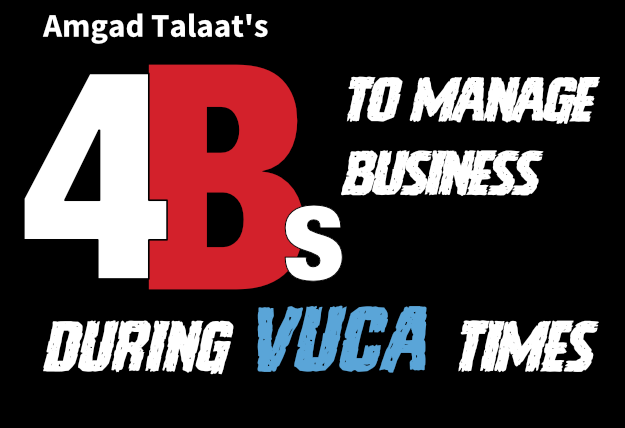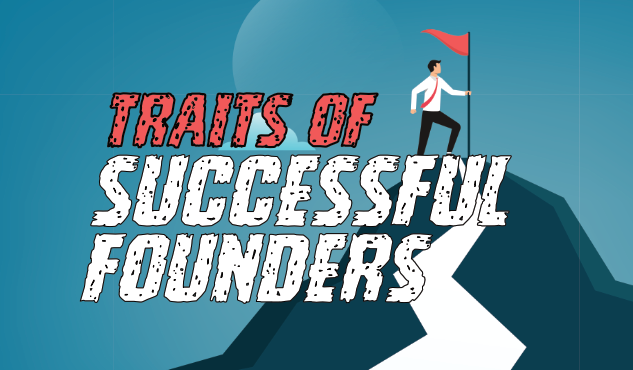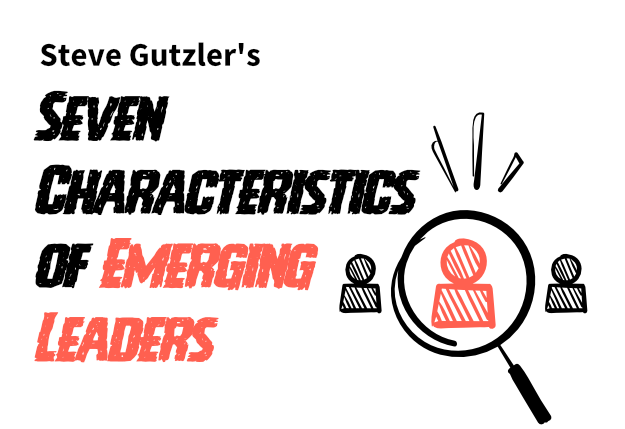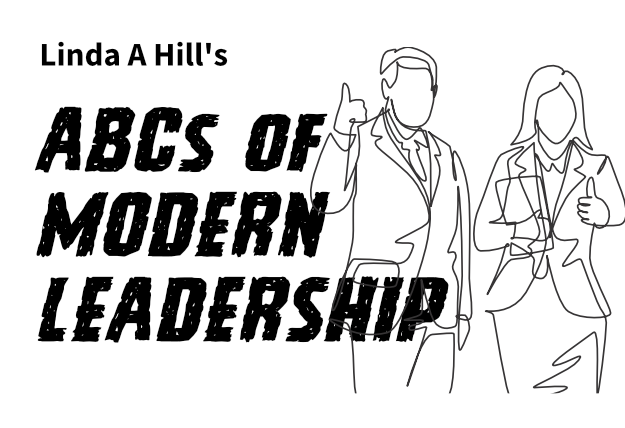Coaching vs Mentoring
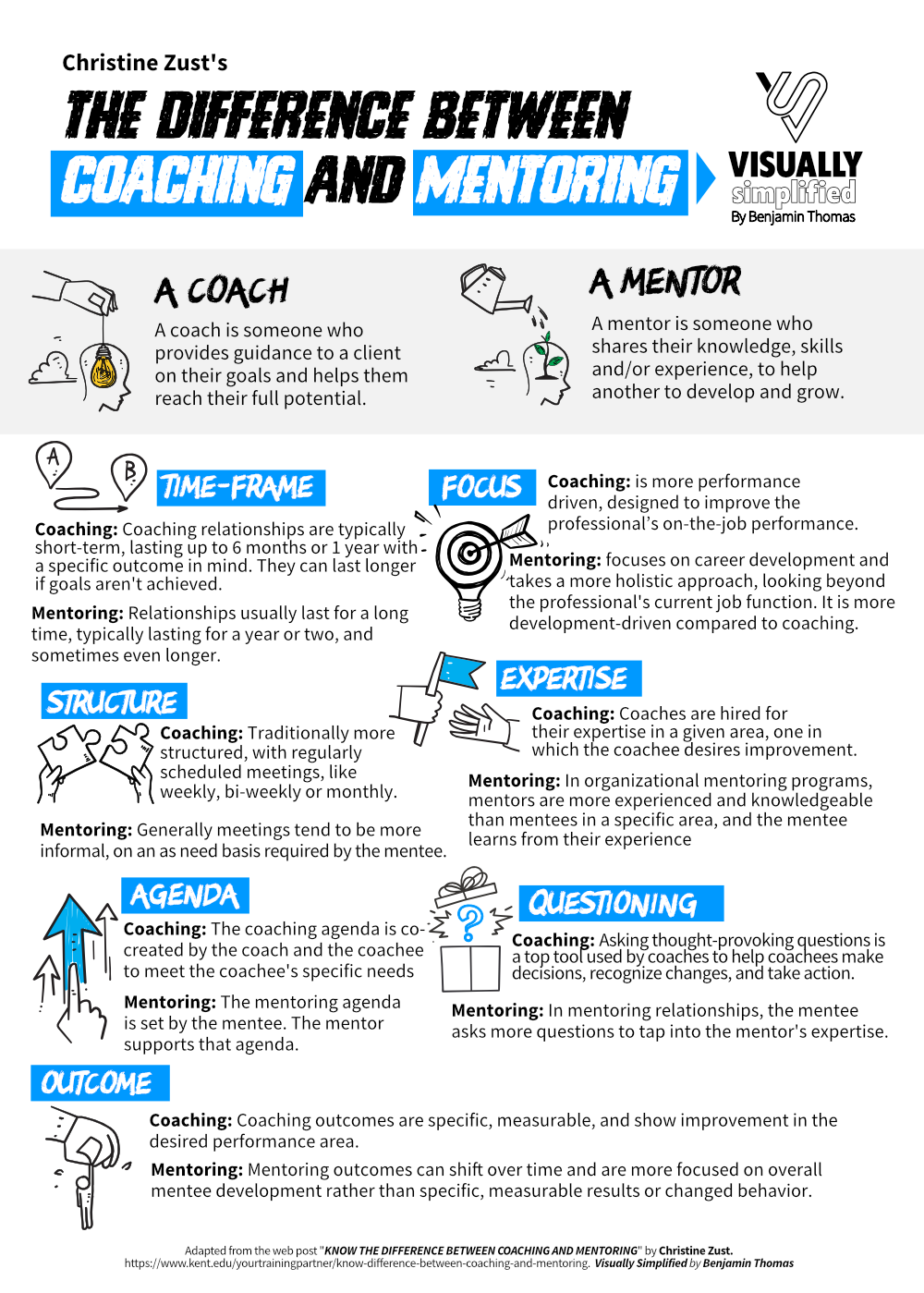
While both Coaching and Mentoring involve working with someone more experienced to enhance personal and professional growth, they differ in terms of goals, duration, and approach.
The above visual summary is adapted from a post by Christine Zust on the Kent State University website (https://www.kent.edu/yourtrainingpartner/know-difference-between-coaching-and-mentoring)
Christine W. Zust, M.A., has more than 25 years of experience in communication and marketing management in the private and public sectors. Zust specializes in strategic communication, planning and positioning consultation, and also provides corporate facilitation and professional development programs. Zust is the author of the book, Everything I Do Positions Me: The Simple Path to Professional Success. (https://www.kent.edu/yourtrainingpartner/christine-zust-0)
Title: Coaching vs. Mentoring: Understanding the Differences
Introduction:
As professionals seek personal and career development, the terms “coaching” and “mentoring” are often used interchangeably. However, it’s important to recognize the distinctions between these two approaches. In this blog post, we will clarify the dissimilarities between coaching and mentoring, focusing on their definitions, selection criteria, structure, expertise, agenda, questioning styles, and outcomes.
- Coaching: A thought-provoking and creative process that empowers individuals to maximize their personal and professional potential.
- Mentoring: A relationship where an experienced advisor provides guidance and support to a junior or trainee, focusing on their overall development.
Selection:
- Coaches and mentors are chosen based on industry expertise, position expertise, skill set, or other valuable experiences.
- Coaching often involves external professionals, while mentoring can be both internal and external to the organization.
Timeframe:
- Coaching is typically short-term, lasting up to 6 months or 1 year, with specific goals in mind.
- Mentoring relationships are generally long-term, lasting a year or more.
Focus:
- Coaching emphasizes performance improvement within the current job function.
- Mentoring takes a more holistic approach, looking beyond the present job and focusing on overall career development.
Structure:
- Coaching follows a structured format with regular scheduled meetings.
- Mentoring meetings are more informal and occur on an as-needed basis.
Expertise:
- Coaches are hired for their expertise in a specific area, focusing on the coachee’s desired improvement.
- Mentors possess more seniority and expertise in a particular area, sharing their experience and knowledge with the mentee.
Agenda:
- Coaching agenda is co-created by the coach and coachee, tailored to meet the specific needs of the coachee.
- Mentoring agenda is set by the mentee, with the mentor providing support.
Questioning:
- Coaches use thought-provoking questions to help the coachee make decisions, recognize behavioral changes, and take action.
- Mentees in mentoring relationships are more likely to ask questions to tap into the mentor’s expertise.
Outcome:
- Coaching focuses on achieving specific, measurable improvements or positive changes in the desired performance area.
- Mentoring emphasizes overall development, with less emphasis on specific, measurable results or behavior changes.

